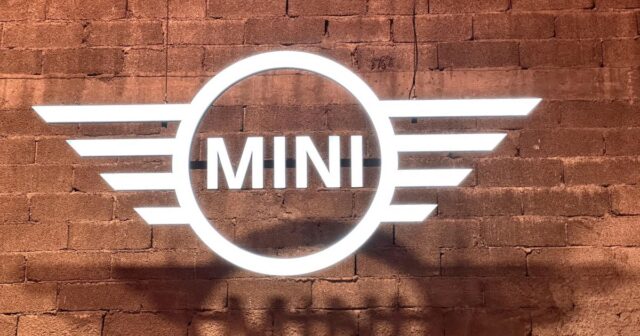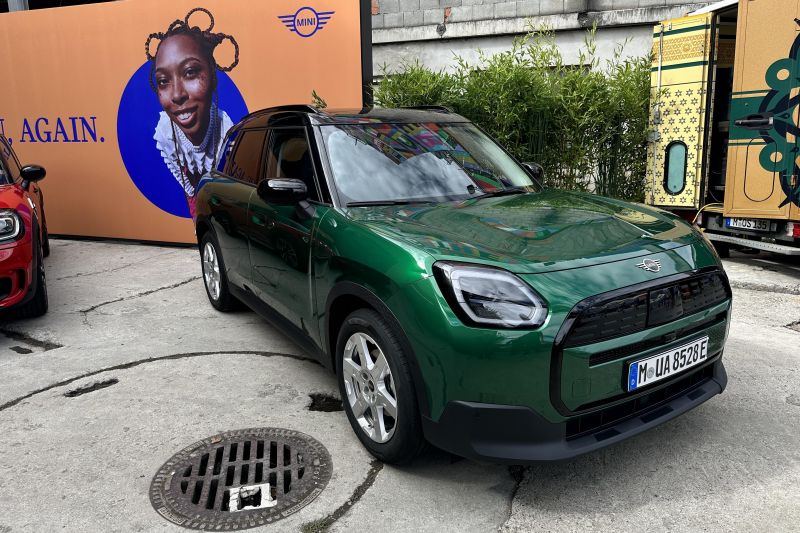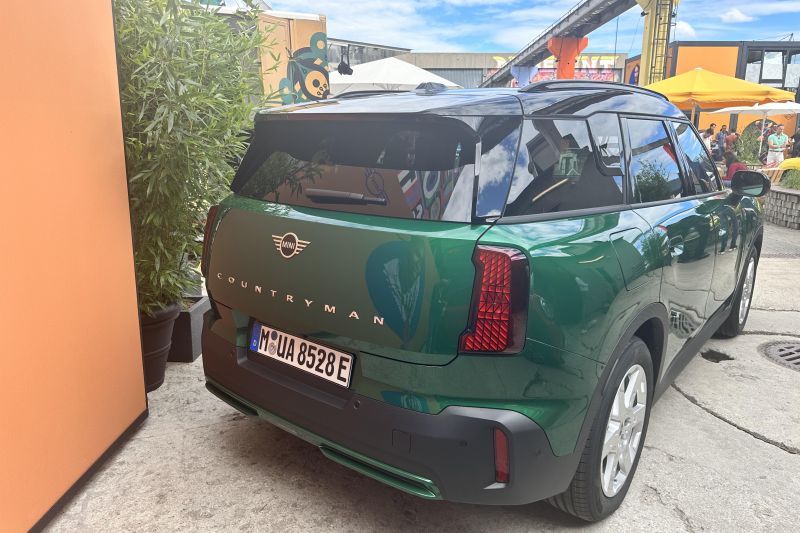Mini says its size and market perception have changed over the years, with more and more customers willing to accept that Mini can be more than a mini car.
With the brand launching the new Countryman today and exploring additional models, such as a potential 7-seater, the BMW-owned brand is seemingly no longer constrained by its very name.
Speaking to the Australian media at the launch of the new all-electric Mini Cooper and Mini Countryman today, the global boss of Mini, Stefanie Wurst, said that customers have adapted to modern and larger Minis.
“Customers are trained with what you have given them in the past,” Wurst said.
“An iconic Mini is a Mini [Cooper] to them, but since the Countryman is already an established car, people will see it also as an addition to the family.”
Nonetheless, Wurst admits that the new Countryman is probably as big as Mini would like to go for the foreseeable future.
“It’s the wheelbase and the overhangs, the overhangs cannot get much bigger, so it’s the wheelbase and I personally think we have reached a good size. [If] we launch a larger Mini than a Countryman, is this still a Mini?
“I would like to go down a different concept that is more unexpected and surprising because I think Mini is about when things are a little different.”
Despite the offer of a larger car than the traditional 3-door hatch, many buyers still think of Mini as a small car. This makes one of the challenges facing Mini the lack of consideration from buyers who may have more than one child or large dogs, despite the Countryman being designed for those exact use cases.
“A lot of people leave the Mini brand when they have their second child. [We need] to make them really see that we can develop with the concept of a Countryman. That it’s still a real Mini and then keeping it for an extended use case… more people or a dog”
Although a great of Mini’s technology and powertrains are borrowed or shared with BMW, Mini’s design and inherent DNA are very different, Wurst claims.
“We really differentiate them even in the development, that’s the secret. If we didn’t do that then it wouldn’t be a Mini anymore. We go work on the go-kart feeling specifically, [there are] Mini-specific things that we wouldn’t do for BMW.”
All future models that are under consideration will no doubt fall under the brand’s vision of being produced as pure electric vehicles as Mini seeks to ditch the internal combustion engine by 2030.























